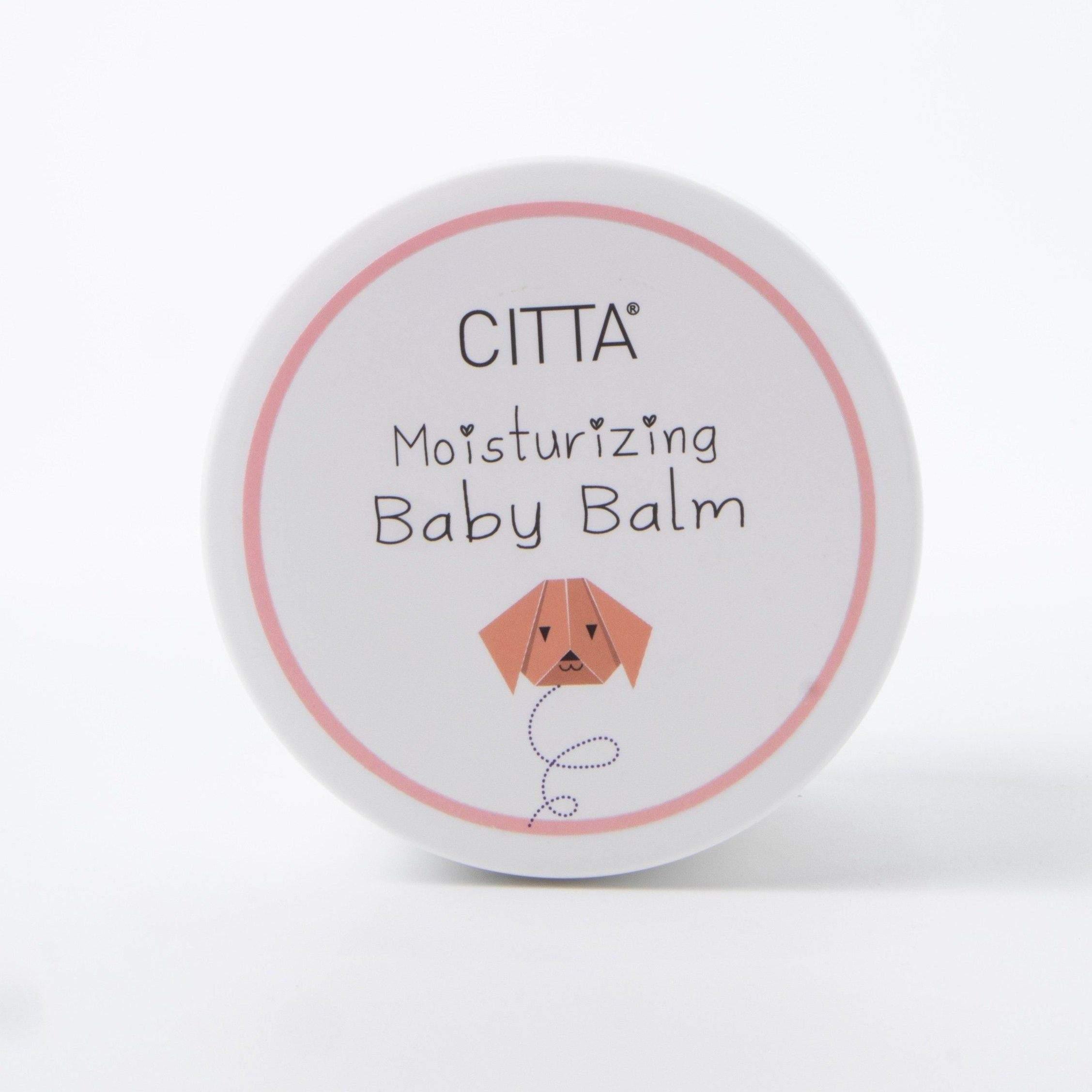Should Fragrance in Skincare Be Avoided Completely
In the vibrant world of skincare, where serums and creams promise a plethora of benefits, a debate simmers quietly beneath the surface, often overlooked amidst the allure of enticing packaging and promises of radiant skin. This debate centers around a seemingly innocuous ingredient: fragrance. For some, the delicate scent of lavender or the refreshing hint of citrus in their moisturizer is an essential part of their daily ritual, evoking a sense of luxury and personal care. For others, it is a potential irritant, an unnecessary addition that could wreak havoc on sensitive skin. As consumers become increasingly savvy and ingredients lists are scrutinized with ever more precision, the question arises: should fragrance in skincare be avoided completely? In this article, we delve into the science and sentiments surrounding fragrance in skincare, exploring its role, benefits, and potential pitfalls, to provide a balanced perspective on this aromatic dilemma.
The Science Behind Fragrance Sensitivity in Skincare
Fragrance sensitivity in skincare is a nuanced topic that blends dermatology and olfactory science. The term “fragrance” often refers to a complex mixture of natural and synthetic ingredients designed to enhance the sensory experience of skincare products. However, these fragrances can sometimes trigger skin reactions, especially in individuals with sensitive skin or underlying conditions such as eczema or rosacea. This sensitivity is primarily due to certain compounds that can act as allergens, leading to symptoms like redness, itching, or even more severe dermatitis.
Understanding the science behind this sensitivity involves recognizing the role of the skin’s barrier function. When this barrier is compromised, it becomes more permeable to external substances, including fragrances. Some of the most common fragrance allergens include:
- Linalool – Found in essential oils and used for its floral scent.
- Limonene – Offers a citrus aroma and is frequently added to both skincare and cleaning products.
- Cinnamal – Provides a cinnamon scent but is known to be a potential irritant.
For individuals with heightened sensitivity, it might be beneficial to opt for fragrance-free products. However, it’s important to note that “fragrance-free” does not always equate to “unscented.” Some products labeled as unscented may still contain masking fragrances to neutralize other odors. Therefore, understanding the ingredients and how they interact with your skin is crucial in making informed skincare choices.

Decoding Fragrance Labels: What to Look Out For
Understanding the cryptic language of fragrance labels can be quite daunting, but it’s essential for making informed skincare choices. Fragrance, often listed simply as “parfum” or “fragrance” on ingredient lists, can be a blend of several hundred chemicals, some of which might be irritants or allergens. It’s crucial to look for labels that clearly specify the source of their fragrances, whether they are synthetic or natural. Natural fragrances, derived from essential oils or plant extracts, may seem safer, but they can also trigger sensitivities in some individuals.
- Fragrance-Free: Products labeled as fragrance-free do not contain any added fragrances. However, they might still have a scent from other ingredients.
- Unscented: These products might contain masking agents that neutralize the scent of other ingredients, without necessarily being free of fragrances.
- Hypoallergenic: While not a regulated term, this label suggests that the product is less likely to cause allergic reactions, often by using fewer or milder fragrances.
When evaluating fragrance labels, also consider the brand’s transparency about their ingredient sourcing and formulation processes. Brands committed to sustainable and ethical practices often provide more detailed insights into their fragrance components, helping consumers make better choices based on their personal skincare needs.

Exploring Alternatives: Fragrance-Free vs. Naturally Scented Products
In the quest for the perfect skincare routine, the debate between fragrance-free and naturally scented products often arises. Fragrance-free options are lauded for their minimalistic approach, catering to those with sensitive skin or allergies. These products eliminate the potential for irritation caused by synthetic or natural scents, focusing instead on core ingredients that aim to soothe and heal. On the other hand, naturally scented products harness the aromatic qualities of essential oils and plant extracts. This offers not only a sensory experience but can also provide therapeutic benefits, such as calming lavender or invigorating citrus.
- Fragrance-Free Products:
- Ideal for sensitive skin
- Reduces risk of irritation
- Focus on core active ingredients
- Naturally Scented Products:
- Utilizes essential oils
- Potential therapeutic benefits
- Enhances sensory experience

Personalized Skincare: Finding the Balance with Fragrance
In the world of skincare, fragrance is a double-edged sword. While a delightful scent can elevate your daily routine, it can also be a source of irritation for some. The key lies in understanding your skin’s unique needs and how it reacts to different ingredients. Fragrance in skincare can come from natural essential oils or synthetic compounds, each with its own pros and cons. For those with sensitive skin, fragrance-free products might be the safest bet, but for others, a hint of fragrance could add a touch of luxury to their regimen.
- Know Your Skin Type: Sensitive or allergy-prone skin may benefit from avoiding fragrance altogether.
- Consider the Source: Natural fragrances might be less irritating than synthetic ones for some individuals.
- Patch Test: Always perform a patch test when trying new products to ensure compatibility.
- Moderation is Key: If you enjoy scented products, use them sparingly and focus on areas less prone to irritation.
Ultimately, the decision to include or exclude fragrance from your skincare routine should be based on personal preference and skin tolerance. It’s about finding a harmonious balance that keeps your skin happy and healthy.
The Way Forward
In the aromatic world of skincare, the question of fragrance is both timeless and timely. As we close this exploration, it’s clear that the decision to embrace or avoid fragrance is as personal as the scent itself. Whether you find comfort in a hint of lavender or seek solace in unscented simplicity, the choice ultimately rests on your skin’s unique story and your personal philosophy. As the beauty industry evolves, so too will the conversation around fragrance. For now, may your skincare journey be as harmonious as a well-composed symphony, whether infused with fragrance or crafted in silence. Remember, the essence of your skincare routine should always reflect what feels right for you.


